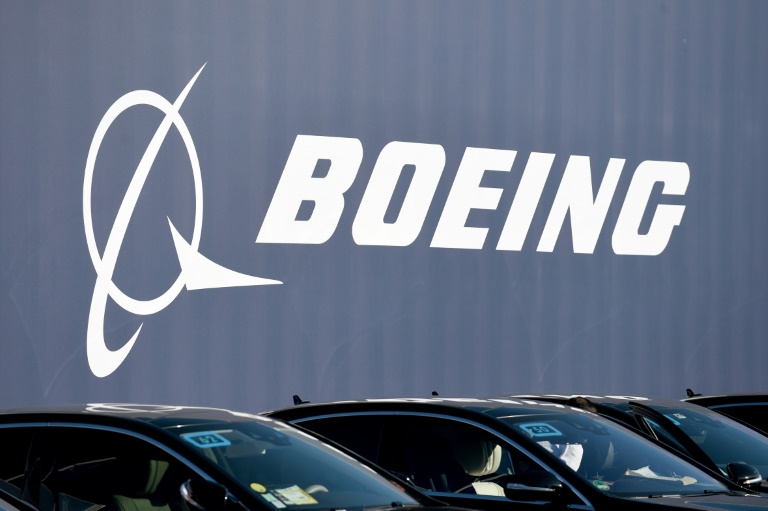Boeing plans to decrease its overall workforce by 10% in the coming months, as stated by CEO Kelly Ortberg in a letter to employees on Friday. This reduction equates to approximately 17,000 jobs, based on the company’s total workforce figures from December 2023.
According to Reuters, Ortberg indicated that, due to the workforce reductions, Boeing would not proceed with the upcoming cycle of furloughs. He also revealed that the timeline for the 777X program has been pushed back to 2026, while the 767 freighter program is set to end in 2027. Furthermore, Ortberg mentioned that the company expects to face “substantial new losses” in its Boeing Defense, Space & Security division this quarter, highlighting ongoing challenges within the organization.
“Our business is in a difficult position, and it is hard to overstate the challenges we face together,” said Ortberg. “Beyond navigating our current environment, restoring our company requires tough decisions and we will have to make structural changes to ensure we can stay competitive and deliver for our customers over the long term.”
On Friday, the company announced that it anticipates reporting third-quarter revenue of $17.8 billion, a GAAP loss per share of $9.97, and operating cash flow of $1.3 billion. This news follows the recent vote by tens of thousands of Boeing workers, who opted to strike last month after rejecting the proposed contract.
The company has faced significant financial pressures and increased scrutiny due to a series of failures related to its aircraft and supply chain. Notably, on January 5, a door plug blew out of a Boeing 737 Max 9 at approximately 15,000 feet during an Alaska Airlines flight, leading to a federal investigation.
In January, a cabin panel blowout during a flight of a brand new Max jet triggered a new crisis regarding the safety and quality of its aircraft. Additionally, the high-profile mission of the Starliner spacecraft, which returned to Earth last month without the two astronauts it was supposed to carry to the International Space Station, has further cast doubt on the company’s struggling space division. These incidents have intensified scrutiny of Boeing’s operations and overall reliability in both aviation and space exploration.
The Boeing Starliner, a spacecraft being developed for NASA’s Commercial Crew Program, has faced a series of delays and escalating costs as it prepared for its first crewed launch to the International Space Station in June. Unfortunately, during a recent mission, the spacecraft had to return without its astronauts, Barry “Butch” Wilmore and Sunita “Suni” Williams. This decision came after tests revealed significant risks related to the vehicle’s thrusters, which raised concerns about safe re-entry. Compounding these challenges, Boeing also announced last month that Ted Colbert, the president and CEO of Boeing Defense, Space & Security, would be leaving the beleaguered company, further underscoring the difficulties it is currently facing.







